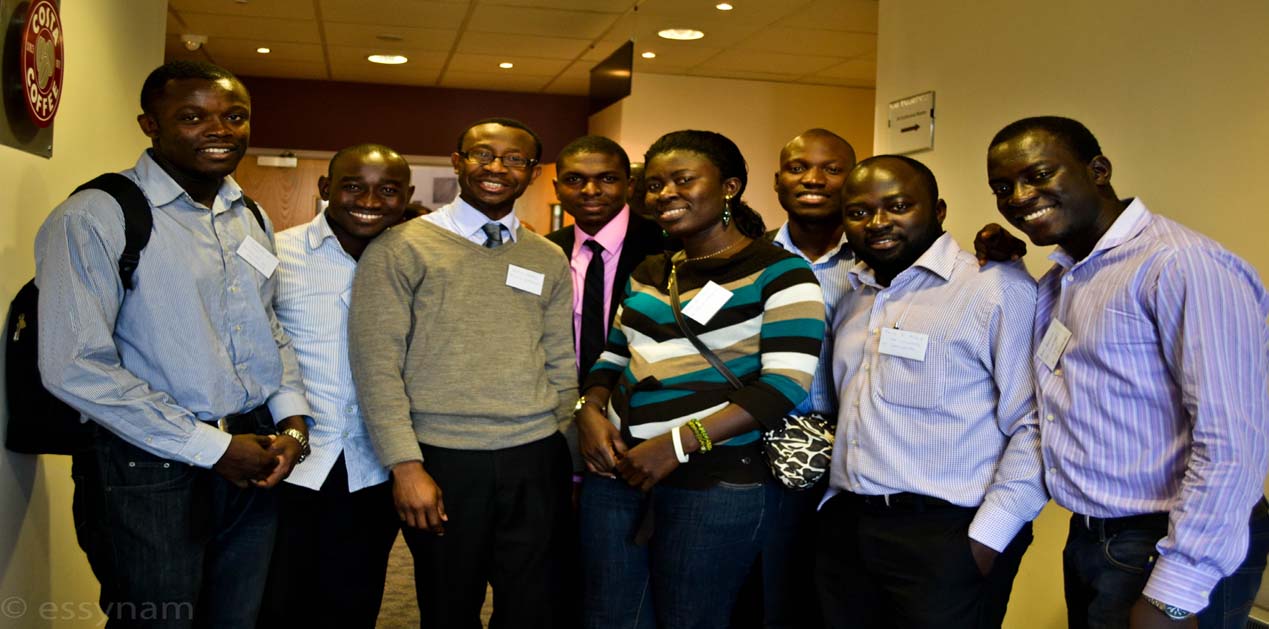On 24th March, 2017, the residents of an enclave in Greater Noida allegedly barged into a flat occupied by Nigerian students accusing them of kidnapping and murder of an 17 year-old boy. The mob searched their refrigerator for the remains of a youth. It was the unproven suspicion of cannibalism, which led the residents to search their refrigerator. This act is seen as the latest manifestation of prejudices that African students face in the capital and its adjoining areas. The next morning on 25th March, the boy was found lying in the park nearby. He was rushed to the hospital where he passed away. The cause of death of the boy was stated to be "unknown poisoning". Even after the boy was found, his parents registered an FIR against five African students on charges of murder, abduction and doing drugs.
On 27th March 2017, three students were attacked by a large group, that had taken out a protest march over the death of a 17-year-old schoolboy. In a second attack the same evening, four Nigerian student was assaulted by a mob inside a mall in Greater Noida. The students were beaten with a steel dustbin and stools, and repeatedly punched and kicked by the attackers. Later on, several African students were attacked by a mob, a crime for which seven of them had been arrested. Taking swift action, the Greater Noida police booked over 1000 people and arrested five in connection with some Nigerian nationals being thrashed by locals in the city following the death of a teenager. Locals claimed that boy died due to drug overdose and held the members of the African community responsible for the incident.
This is not the first time the Africans have been targeted in the recent past. The case of a Congolese man being stoned to death in Vasant Kunj, Delhi didn't even fade from our memories when the ghastly attack on African nationals took place a few days ago. The issue which arises here is how to deal with the racial problem and the growing intolerance among people against members of a particular nationality/race. There is an urgent need for action, sensitisation and perception management. Rather than the numbers of such incidents declining, the reverse is the prevalent trend. Certain measures are important for bringing in peace to the country, and rather than brushing the issue under the carpet, we should learn to deal with it. The role of educational institution plays a very significant role in intermixing of students. Getting to know each other via avenues of cultural assimilation, in order to prevent alienation probably could be the first step forward for a better bonding among students of different nations. The role of police, the social media and different communities also plays an important role. There should also be adequate laws to deal with such incidents where discrimination occurs with international students. Awareness programme should be introduced at community and individual levels.
The rise of racially influenced crimes against people from Africa and the prejudiced behaviour which has lingered for a long time, is in stark contrast to our world wide acclaimed philosophy of ‘Vasudhaiv Kutumbakam’. Urgent steps on the law and order side are a must to promote deterrence. However, the laws also need to be complemented with sensitisation, promoting a spirit of bonhomie and unity among the people belonging to various communities and student of different nations with the Indian community.
Image Source: http://opportunitydesk.org











Post new comment